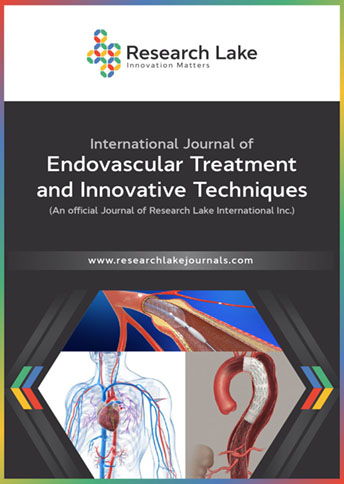Iatrogenic Cushing’s Syndrome Caused by Adulteration of a Health Product with Dexamethasone
Abstract
Background: Intake of glucocorticoids (GCs) may result in iatrogenic Cushing’s syndrome.
Objective: To describe a case of severe iatrogenic Cushing’s syndrome caused by administration of a non-prescription drug adulterated with dexamethasone, and to alert physicians and public about harm associated with this product.
Methods: PubMed and internet search up to July 24, 2022. Search terms are Cushing’s, glucocorticoids, adulteration, iatrogenic. Case reports, case series and review articles are included.
Case report: A 54-year-old man presented with severe Cushinoid features. Laboratory work-up was consistent with exogenous source of GCs. Patient denied previous or current intake of GCs but reported taking a health product called “Artri-King” for knee pain. Inspection of this drug did not reveal any GCs among its ingredients. Yet, laboratory analysis performed by the Food and Drug Administration (FDA) confirmed that this drug contains dexamethasone, which was not
listed on the product label. Review of literature reveals that GC adulteration in Chinese health products is common. Among 61 patients who consumed GC-adulterated Chinese medicines, dexamethasone was implicated in 47.5%. Most subjects (62.3%) taking products with undeclared GCs had one or more complications attributed to GCs, 11.5% required admission to intensive care, and 3.3% died. In another series, iatrogenic Cushing’s syndrome was the second
clinical presentation of use of adulterated Chinese medicines occurring in 10.6% of cases, whereas psychosis was the first most frequent presentation (12.9% of cases).
Conclusion: In any case of iatrogenic Cushing’s syndrome, discontinuation of supplemental health products is essential because many of these products may include undeclared GCs.
Copyright (c) 2022 Nasser Mikhail, Kevin Kurator, Emily Martey, Anisha Gaitonde, Claudia Cabrera, Peter Balingit

This work is licensed under a Creative Commons Attribution-NonCommercial 4.0 International License.
Copyright © by the authors; licensee Research Lake International Inc., Canada. This article is an open access article distributed under the terms and Creative Commons Attribution Non-Commercial License (CC BY-NC) (http://creativecommons.org/licenses/by-nc/4.0/).











